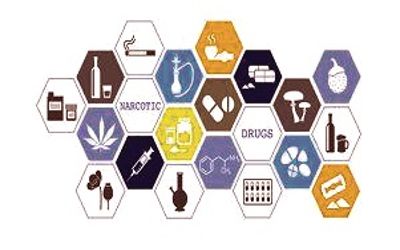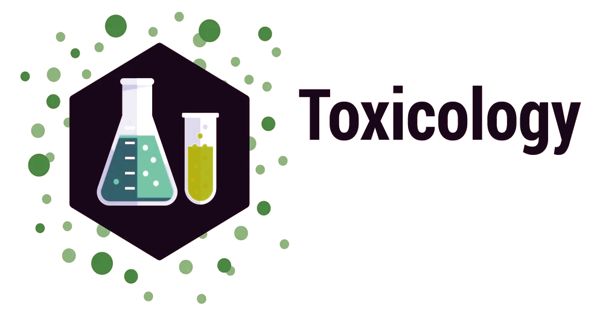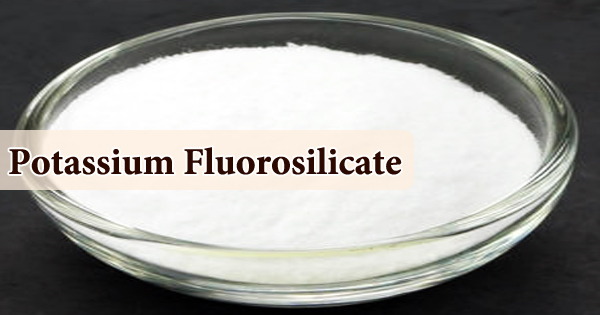Toxicology is the scientific study of adverse effects that occur in living organisms due to chemicals. It is a scientific discipline, overlapping with biology, chemistry, pharmacology, and medicine, that involves the study of the adverse effects of chemical substances on living organisms and the practice of diagnosing and treating exposures to toxins and toxicants. The study of the deleterious interactions between an agent and a biological system also falls within the scope of toxicology. It involves observing and reporting symptoms, mechanisms, detection, and treatments of toxic substances, in particular relation to the poisoning of humans.
Toxicology is a scientific discipline, overlapping with biology, chemistry, pharmacology, and medicine, that involves the study of the adverse effects of chemical substances on living organisms and the practice of diagnosing and treating exposures to toxins and toxicants.
Toxicology is a field of science that helps us understand the harmful effects that chemicals, substances, or situations, can have on people, animals, and the environment. The relationship between dose and its effects on the exposed organism is of high significance in toxicology. It includes environmental agents and chemical compounds found in nature, as well as pharmaceutical compounds that are synthesized for medical use by humans. Factors that influence chemical toxicity include the dosage, duration of exposure (whether it is acute or chronic), route of exposure, species, age, sex, and environment. In modern society, toxicology has become an important element in environmental and occupational health. This is because many organizations, governmental and non-governmental, utilize information from toxicology to evaluate and regulate hazards in the workplace and nonoccupational environment.

Toxicologists are experts on poisons and poisoning. A toxicologist is someone who has studied toxicology and works with materials and chemicals to determine the toxic effects they may have on the environment and living organisms. Toxicologists spend their time planning and conducting experiments, dosing animals, and collecting and analyzing data. There is a movement for evidence-based toxicology as part of the larger movement towards evidence-based practices. These substances may produce toxic effects in living organisms including disturbance in growth patterns, discomfort, disease, and death.
Toxicology is currently contributing to the field of Cancer research since some toxins can be used as drugs for killing tumor cells. It brings together a wide variety of fields, including chemistry, biology, pharmacology, human and animal medicine, and environmental science, to help inform policies and regulations to protect both human health and the environment. It uses the power of science to predict what, and how chemicals may cause harm and then shares that information to protect public health. One prime example of this is Ribosome Inactivating Proteins, tested in the treatment of Leukemia.
















